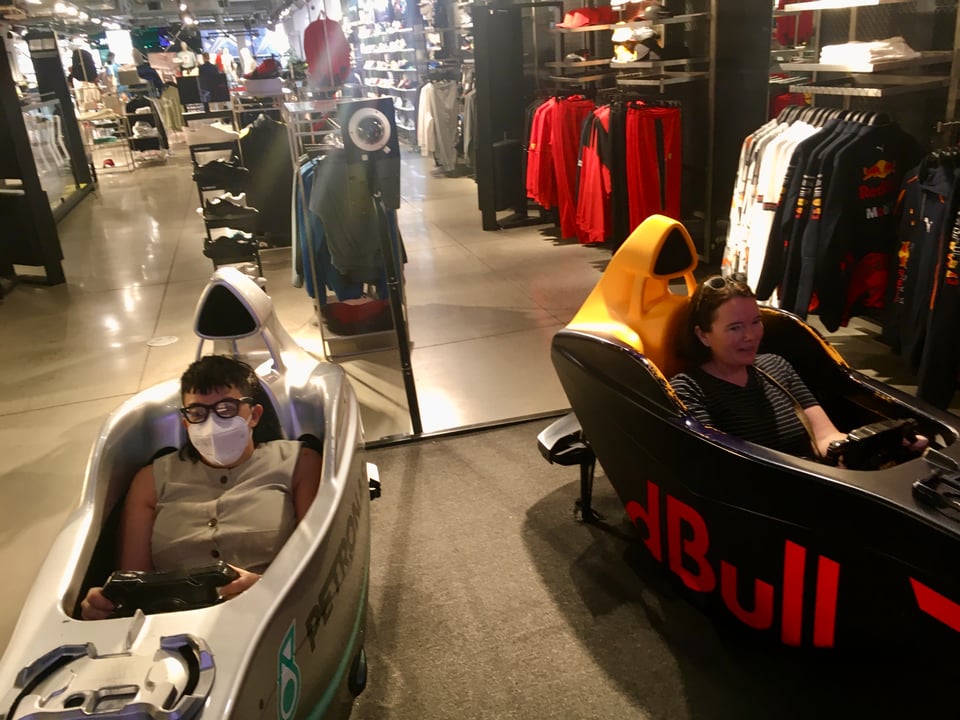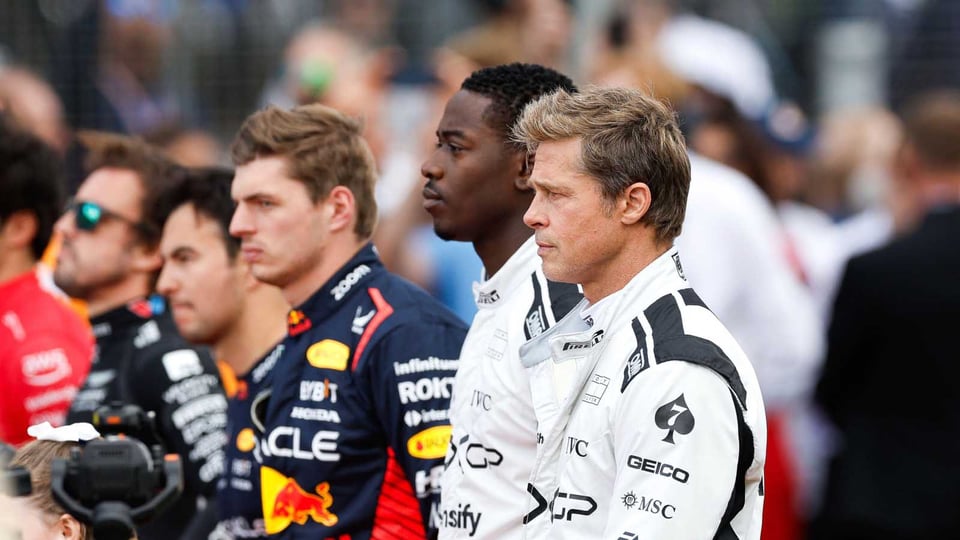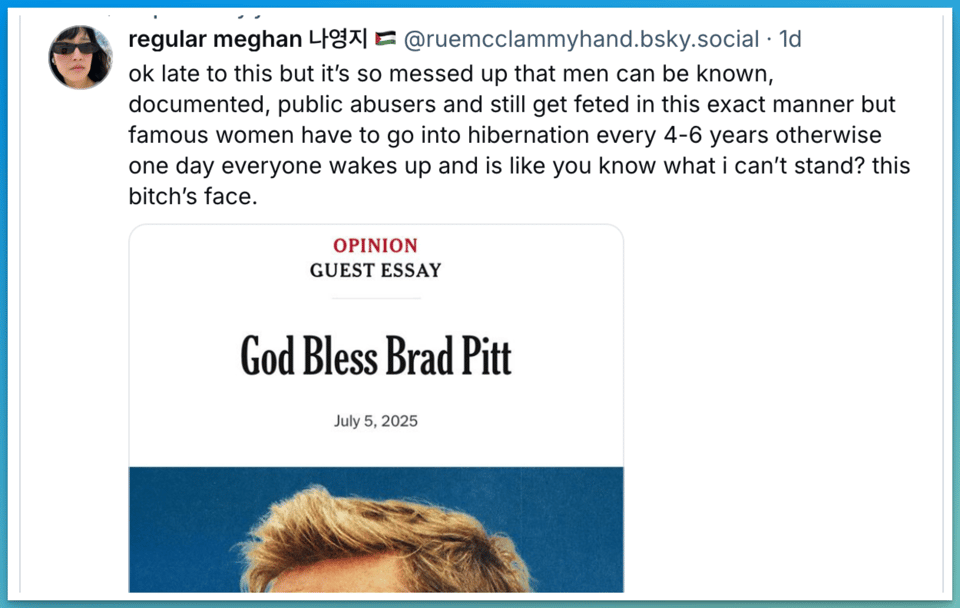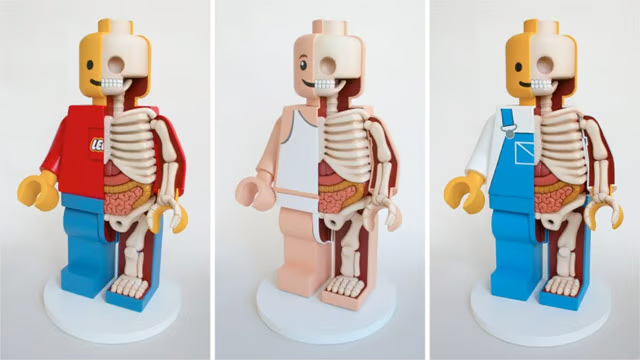The best thing I read this week was on, of all places, a motorsport website. How Gen Z women are powering the next wave of F1 fandom:
By the time the lights go out on race day, the action - for many Formula 1 fans - has already been underway for several hours. On Instagram, people are sharing photos of the drivers’ paddock entrance outfits, and on TikTok, edits of the qualifying highlights set to dramatic soundtracks are circulating. Fans are re-posting drivers’ social media selfies, breaking down reports from journalists in the paddock on YouTube and Twitch, or creating their own content from the grandstands. This isn’t just regular sports fandom - it’s a cultural movement. And at the heart of it are Gen Z women.
This article highlights a recent survey that shows three out of four new F1 fans this year are women, and half of those identify as Gen Z.
Obviously at the heart of this is the overwhelming success of Netflix’s Drive to Survive — a documentary series I held off watching for about three seasons because I thought cars racing around a track was slightly less interesting than paint drying. I was wrong, of course. The documentary series does something fascinating: turning the 20 drivers into gladiators and their opposing camps into kingdoms. You find yourself on the edge of your seat, even though the race you’re watching ended over a year ago — no mean feat. And the show introduced Formula One to a whole new generation of fans who might otherwise have never given the sport a second look.
Of course, for a certain category of sportsfan, anyone who comes to their sport other than (presumably) having been born into a generations-deep lineage cannot possibly be taken seriously. And so it was with new fans to F1. Subreddits mocked the DTS newbies, youtube bros dismissed the female demographics as fans who were only there because they thought the drivers were hot, and so on. The very article I linked to up top had to close its comments because they look like this:

My friend Stella finished high school here in Aotearoa last year and is on a gap year in the UK. Here she is this week in the McLaren simulator at Silverstone.

Her grandfather (my neighbour) tells me she knows more about tire strategy than anyone. She’s not there for the wags and the outfits, but even if she was, so what? Lily Herman’s Engine Failure is a culture newsletter that goes deep into the outfits, the wags, and much, much more. It’s a fascinating read — there is so much more to this sport than lap times.
Besides, Stella will have fared much better than me, who repeatedly crashed a Red Bull into a wall in the simulators at the Puma store in New York.

Look, there’s nothing new here. The title of this newsletter is “what you love matters”. There’s no such thing as a “true fan” or a “real fan” — just legacy fans and new fans. There’s a reason it’s a meme that band nerds or hipsters liked things before they were cool; someone is always going to resent the fact that they were there first. But your onramp doesn’t matter. I became an ice hockey fan because of One Direction, it doesn’t make my opinions on the Penguins’ power play any less legit. I followed my transformative fandom friends through their fanfic to F1 — and I’m still dying to know why Christian Horner was fired this week.
I also love that many of these young women are finding sudden common ground with dads (and grandads) who have watched F1 for years. It reminds me of the Swifties who started watching football with their dads because of Travis Kelce. I don’t care how you showed up in fandom, I’m just happy you’re here.
But given all this transformation, I do want to talk about the F1 movie.
When we first learned that there was a movie being made, every detail released seemed more exciting than the last. This was going to be one of the most realistic, immersive sports films ever made. Lewis Hamilton was a producer. This wasn’t something made on a Hollywood soundstage. The production set up a complete 11th team with its own team garage, branding, and cars (F2 chassis dressed as F1). They filmed right alongside the real cars and the real drivers.

But then the teaser trailer dropped, and woof. We will rock you? Hans Zimmer scored this film and that’s what you chose? And that’s before we get to the star helming this $300m effort. Brad Pitt. If you’re someone who considers celebrity scandal to be beneath you:
Court documents allege that, during a trip on their private plane in 2016, Pitt threw Jolie against a wall, shook her, and poured alcohol on her while she was trying to sleep. When their children tried to defend Jolie, Pitt “physically abused one of their children.” Five days after the flight, Jolie would file for divorce
That’s an extract from Brad Pitt is Fooling You, a great summary of the smug redemption tour this man has been on, appearing on red carpets, Armchair Expert with Dax Shepard, and New Heights (shame on you, Trav).

Pitt’s been on this redemption tour for years now. But it says everything about how F1 saw this movie opportunity that he is the star they backed.
And the actual movie? Given they were pitched the most realistic film ever, legacy fans don’t seem that enamoured with a plot that sees a sixty year old man jump in an F1 car after a thirty-year absence and somehow be at peak performance, while breaking every rule of the actual sport. “Defecates on formula one” is how these tiktokkers described it.
But what about the new fans? Well, there are exactly two female characters in the film. The spunky technical director who is supposed to be a genius, but throws out her car concept to do what Brad Pitt tells her, and then has a one-night stand with him. And a mechanic who fumbles around the garage and botches a pitstop. Producer Jerry Bruckheimer joked that plenty of men will be “dragging their girlfriends to the cinema”. There just isn’t an eyeroll big enough for all of this. Which is why it was cool to see F1 strategy analyst Bernie Collins do her gridwalk at the Austrian GP, seemingly in response to the film, only interviewing women working for the teams.
It’s wild that a film designed to lure in new audiences could feel so out of step with the very people reshaping the sport. But that’s the thing about legacy institutions — they’re often the last to realise where the energy is coming from. The real story of F1 right now isn’t Brad Pitt’s comeback fantasy — it’s Stella in the simulator, it’s women like Bernie Collins on the grid, it’s fan-led communities remixing the sport in real time.
Fandom is a force — not just a marketing demographic, but a creative engine and a challenge to business-as-usual. You can either treat it with respect, or you can ignore it and hope no one notices the disconnect. But we notice. We always notice.
(bonus: enjoy Horner leaving at the end of this week’s Lollipopman British GP Highlights)
more good stuff
these are extremely creepy and cool and I want one.

Pathfinder - a way to explore connections between two seemingly unrelated concepts.

A good story about the best of the internet.
finally, in my lego city

Forward this email to someone who likes the same things you do. Or different things.
You just read issue #28 of what you love matters. You can also browse the full archives of this newsletter.

Add a comment: